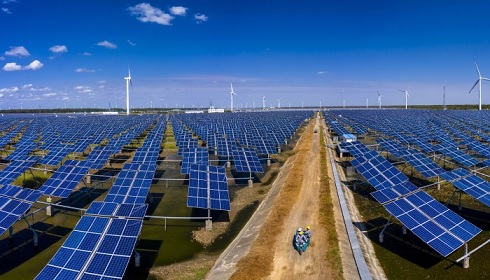- Islamabad
- 34.4°C
- Today ( Monday, 21 April 2025)
Disparities in EU Wages
While European Union (EU) labor regulations prioritize individual working conditions, labor rights, information access, anti-discrimination measures, and job security, the landscape of salaries and wages across member states exhibits notable variations. Factors such as labor laws, demand, inflation, and others contribute to the diverse wage structures observed. According to Eurostat's 2022 data, the average annual wages across EU member states ranged significantly, from €106,839.33 in Switzerland to €12,923.66 in Bulgaria. The top-paying countries in 2022 included Switzerland (€106,839), Iceland (€81,942), Luxembourg (€79,903), Norway (€74,506), and Belgium (€70,297). In contrast, the nations with lower average wages were Bulgaria (€12,923), Romania (€14,500), Croatia (€17,842), Hungary (€18,274), and Poland (€18,114). These disparities underscore the influence of diverse economic factors on wage structures within the EU. While robust labor regulations ensure certain standards, the wide range of average wages highlights the complexity of aligning salary levels across the union. As EU member states continue to navigate these variations, ongoing discussions about harmonizing economic conditions remain essential for fostering a more equitable labor market.
-
Internet subscription prices surge in Zimbabwe after multiple service charge revisions by telecom operators, intensifying economic challenges for individuals and businesses. Tariff hikes of up to 100% were approved by the Posts and Telecommunications Regulatory Authority of Zi...
-
Internet disruption and social media blockage in Pakistan as authorities crackdown on the virtual launch of former Prime Minister Imran Khan's party manifesto and fundraising campaign ahead of upcoming elections. The move is seen as an attempt to suppress the online activities...
Get Newsletter
Subscribe to our newsletter to get latest news, popular news and exclusive updates.


























Facebook Comments